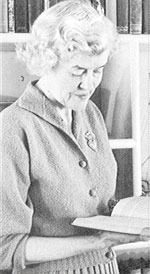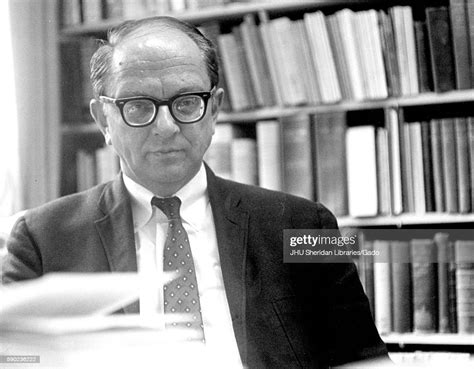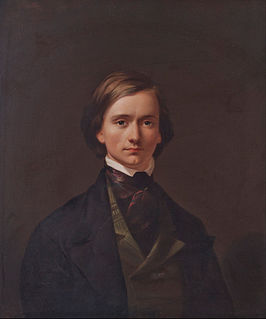A Quote by Margaret Craven
Past the village flowed the river, like time, like life itself, waiting for the swimmer to come again on his way to the climax of his adventurous life, and to the end for which he had been made.
Related Quotes
How did it happen that now he could see everything so clearly. Something had given him leave to live in the present. Not once in his entire life had he come to rest in the quiet center of himself but had forever cast himself from some dark past he could not remember to a future that did not exist. Not once had he been present for his life. So his life had passed like a dream. Is it possible for people to miss their lives the way one can miss a plane?
At the time when I was in college, Oscar Grant had just lost his life in Oakland, Calif. He was an unarmed young black male who had a record. And at the time when his death was making headlines, more people were talking about what he had done in his past than the fact that he unjustly lost his life.
There were times when it appeared to Dorian Gray that the whole of history was merely the record of his own life, not as he had lived it in act and circumstand, but as his imagination had created it for him, as it had been in his brain and in his passions. He felt that he had known them all, those strange terrible figures that had passed across the stage of the world and made sin so marvellous, and evil so full of subtlety. It seemed to him that in some mysterious way their lives had been his own.
On the earth, satellite of a star speeding through space, living things had arisen under the influence of conditions which were part of the planet's history; and as there had been a beginning of life upon it, so, under the influence of other conditions, there would be an end: man, no more significant than other forms of life, had come not as the climax of creation but as a physical reaction to the environment.
Archetypes resemble the beds of rivers: dried up because the water has deserted them, though it may return at any time. An archetype is something like an old watercourse along which the water of life flowed for a time, digging a deep channel for itself. The longer it flowed the deeper the channel, and the more likely it is that sooner or later the water will return.
... He went under the stars, and the tender light of the moon, when it hung like an eyelash and the tree trunks shone like bones. He walked through wind and weather, and beneath sun-bleached skies. It seemed to Harold that he had been waiting all his life to walk. He no longer knew how far he had come, but only that he was going forward. The pale Cotswold stone became the red brick of Warwickshire, and the land flattened into middle England. Harold reached his hand to his mouth to brush away a fly, and felt a beard growing in thick tufts. Queenie would live. He knew it.
The present flowed by them like a stream. The tree rustled. It had made music before they were born, and would continue after their deaths, but its song was of the moment. The moment had passed. The tree rustled again. Their senses were sharpened, and they seemed to apprehend life. Life passed. The tree rustled again.
When I was young, I had to choose between the life of being and the life of doing. And I leapt at the latter like a trout to a fly. But each deed you do, each act, binds you to itself and to its consequences, and makes you act again and yet again. Then very seldom do you come upon a space, a time like this, between act and act, when you may stop and simply be. Or wonder who, after all, you are.
He is not famous. It may be that he never will be. It may be that when his life at last comes to an end he will leave no more trace of his sojourn on earth than a stone thrown into a river leaves on the surface of the water. But it may be that the way of life that he has chosen for himself and the peculiar strength and sweetness of his character may have an ever-growing influence over his fellow men so that, long after his death perhaps, it may be realized that there lived in this age a very remarkable creature.


































